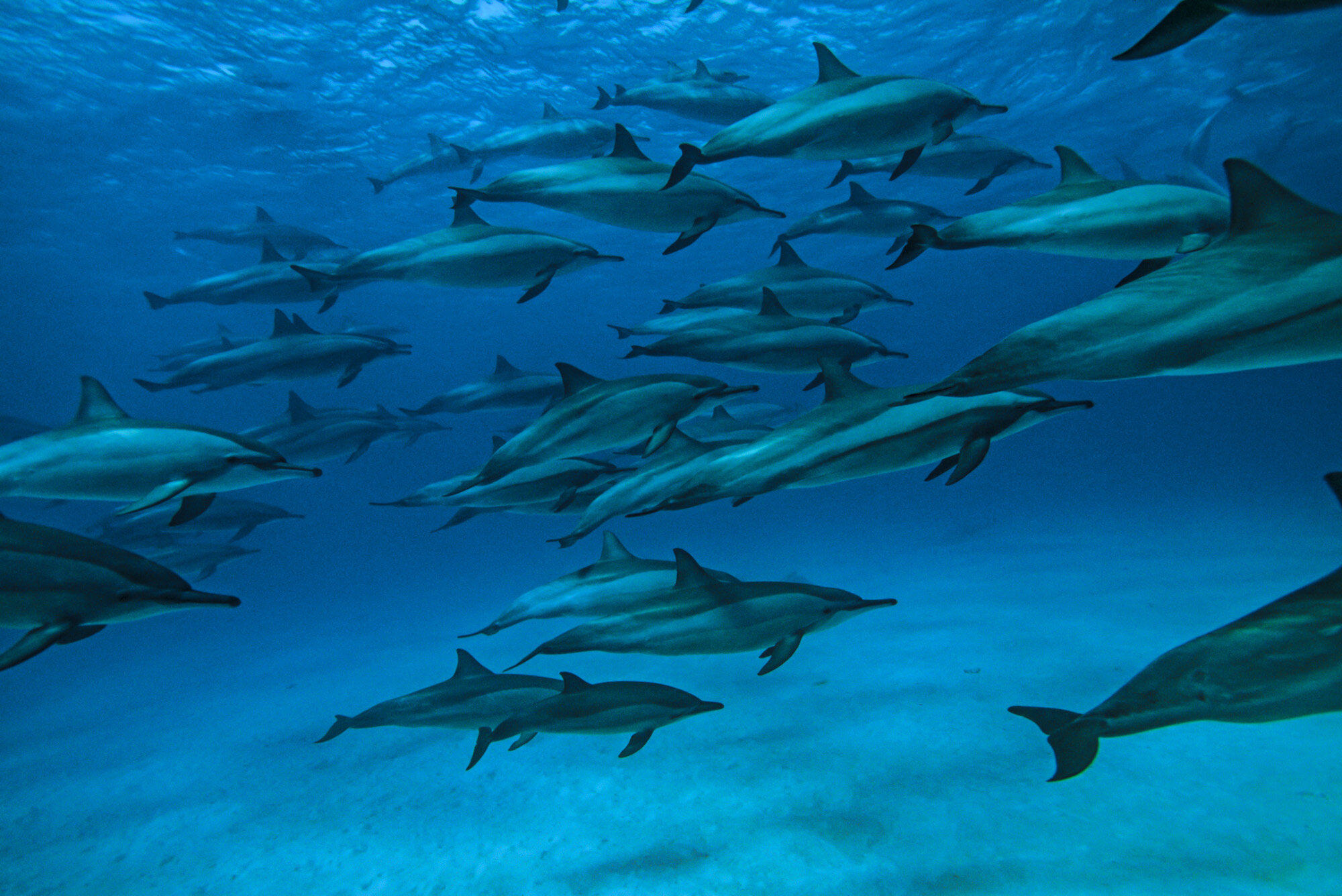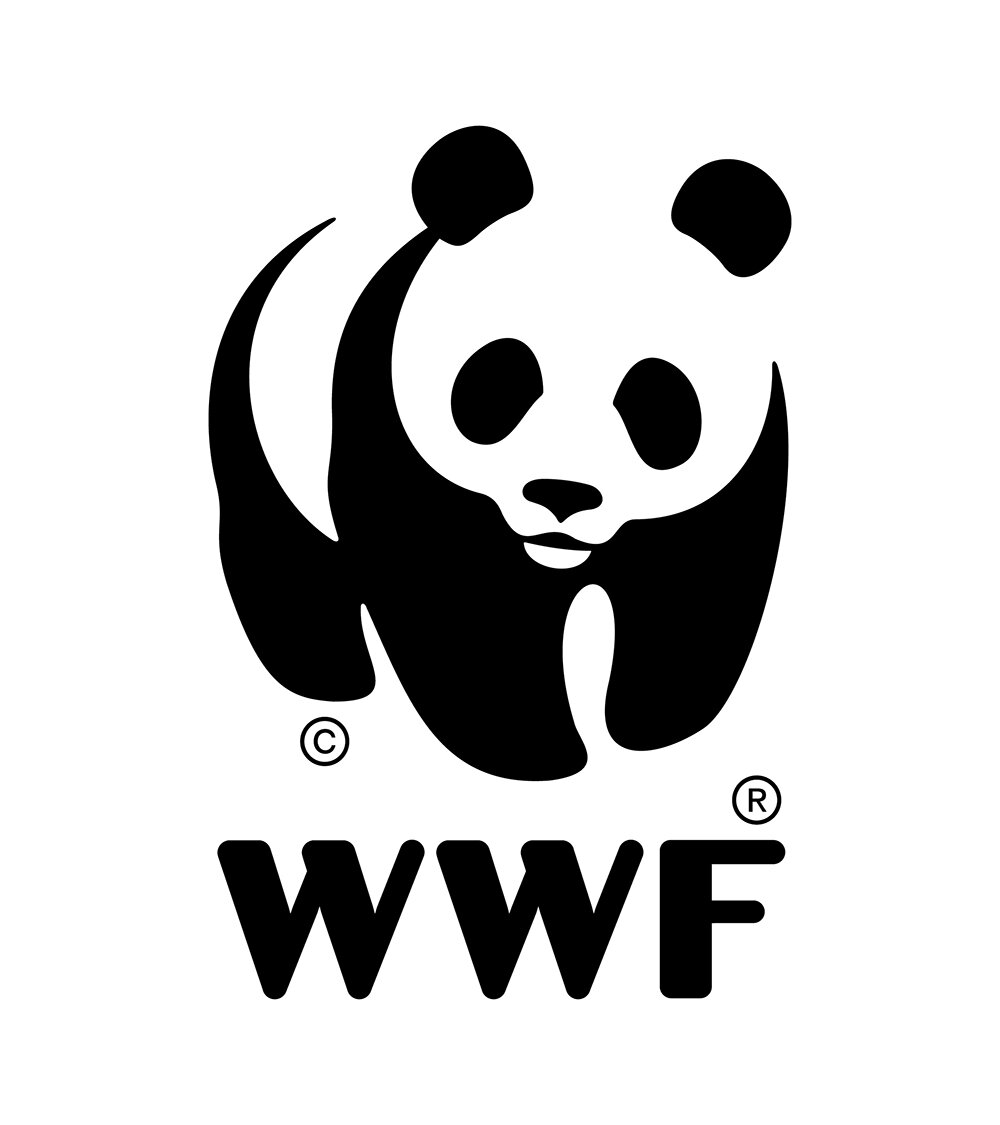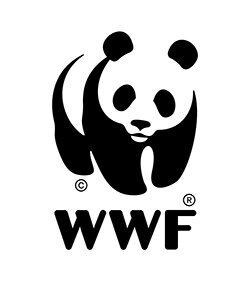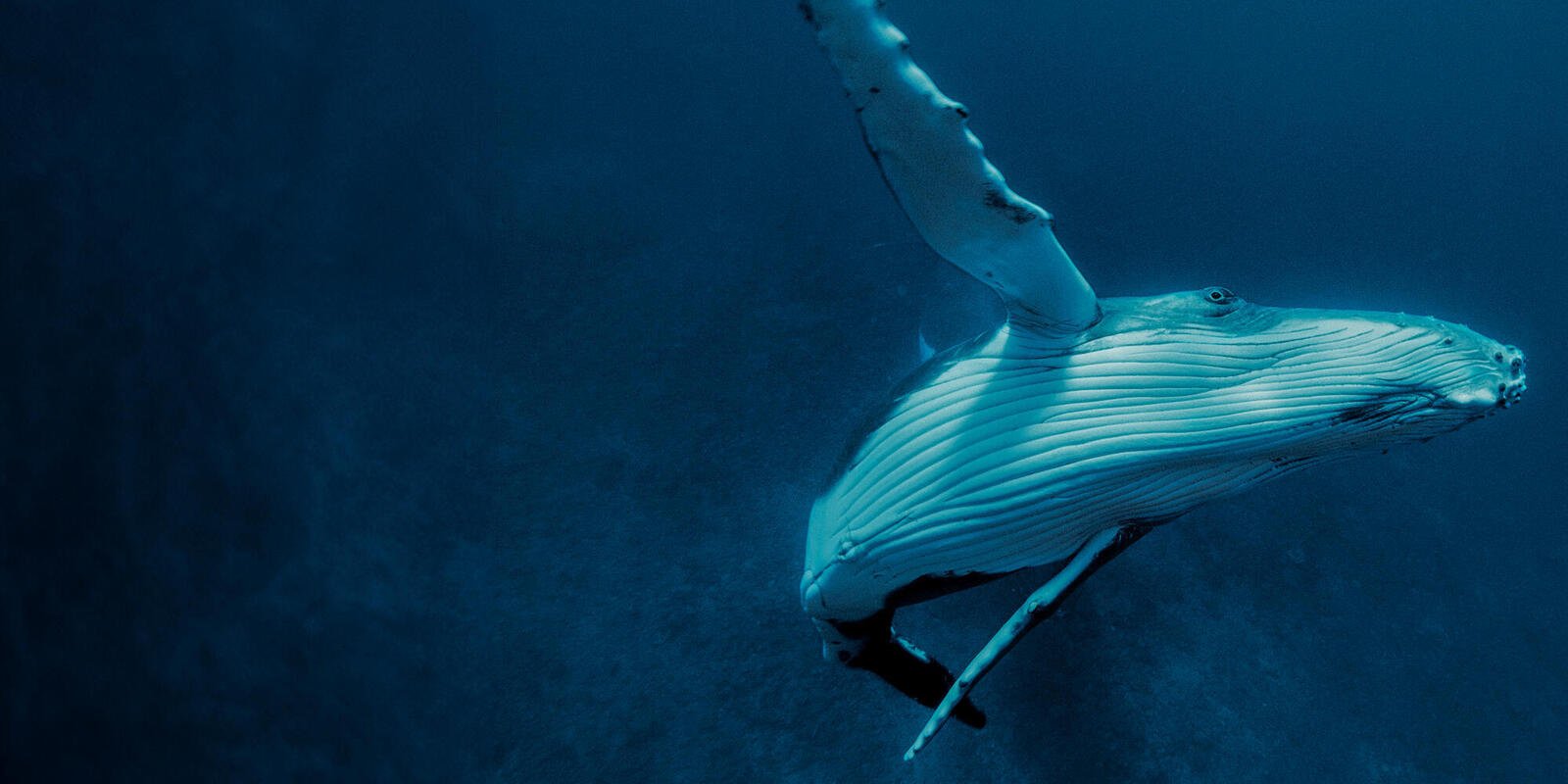
Latest news and stories about whale and dolphin conservation
UN Ocean Conference puts ‘wind in the sails’ of ocean action
As the third UN Ocean Conference draws to a close, WWF is encouraged by the commitments made in a number of areas, but warns that the measure of success will be in delivery.
Bringing whale superhighways to life - a new digital platform a game-changer for ocean conservation
In a major advance for marine conservation, WWF and a global coalition of leading scientists, civil society, governments, and tech innovators have launched BlueCorridors.org—a dynamic new platform that brings together three decades of whale tracking data with information on overlapping marine threats and conservation solutions. For the first time, the migratory “blue corridors” used by great whales are now digitally mapped and made publicly accessible to inform science, policy, and ocean protection efforts worldwide.
A Connected Caribbean – Dolphins on the move in a sea under pressure
In the crystal-blue waters of the Caribbean, something remarkable surfaced. When Stacey Mac Donald, a researcher and a Regional Coordinator at the Caribbean Cetacean Society (CCS), received confirmation of a photo-identification match of a spinner dolphin mother and calf first sighted in Martinique in 2021 and then again in Bonaire in 2024—more than 800 kilometers away—the team had a genuine “wow” moment.
WWF launches an online report mapping Arctic whale migrations amid increasing threats to their migration routes, known as blue corridors
A new report from the WWF Global Arctic Programme highlights the urgency of taking concrete action to safeguard Arctic whales on their migrations, as they are faced with new and growing pressure from climate change and increased shipping activity.
What a whale needs
Using cutting-edge technology, researchers are uncovering profound links among ocean health, climate change, and the denizens of the deep.
Convention on Migratory Species meeting adopts stronger protection measures, including ecological connectivity
The 14th meeting of the Conference of the Parties (CoP14) of the Convention on Migratory Species of Wild Animals ended with the adoption of a set of stronger measures for the conservation of migratory species.
Whales: Nature-based buffers against the climate crisis
Whales play an important role when it comes to climate change mitigation. Scientists recently discovered that whales can capture significant amounts of carbon from the atmosphere. Estimates indicate that one whale’s ability to capture carbon from the atmosphere is equal to that of thousands of trees.
Agreement signed to protect cetaceans from growing risks of ship strikes and underwater noise pollution in northern Patagonia, coastal Chile
A new alliance commencing with voluntary measures is a significant first to improve the conservation of whales with benefits to other marine life and coastal communities in Chile.
For the first time, researchers track the full migration cycle of an Australian southern right whale
With the help of satellite tags, researchers from the University of Western Australia and Macquarie University, in collaboration with researchers from the University of Auckland Waipapa Taumata Rau, were able to follow the complete migration cycle of an Australian southern right whale for the very first time.
Uncovering whale superhighways in the Southern Ocean
Antarctica's majestic great whales have long captured the fascination of researchers, but studying these ocean giants is challenging. Technology is an indispensable tool in unravelling the mysteries of these enigmatic creatures.
WWF: Landmark High Seas Treaty agreed, ushering in new rules for two-thirds of the ocean
WWF strongly welcomes the agreement of the text for a new global legally binding High Seas Treaty reached by nations today in New York, creating a framework to conserve marine life and restrain harmful activities in two-thirds of the ocean.
Eastern Pacific Ocean - A hub for whale superhighways requires urgent protection
A new report from WWF and partners, including Oregon State University, the University of California Santa Cruz, the University of Southampton, and Universidad de Valparaiso, identifies actions for governments, industry and individuals to safeguard whale migratory routes, along the Eastern Pacific Ocean by 2030. Climate change, ship traffic, underwater noise and fishing activity impact whales and their survival at multiple points.
Solving the mystery of the declining South African southern right whale population by discovering their blue corridors
Research Manager Dr Els Vermeulen and her team are focused on solving a scientific mystery. Since 2009, very few southern right whales have been seen along the South African coastline.
Shining a light on the Caribbean’s cetaceans
There is still much we don’t know about the Caribbean’s 33 known cetacean species – more than one-third of the world’s total.
Ti Whale An Nou – the whale and dolphin research programme that gets its name from a mix of French and English Creole meaning ‘our little whales’ – is starting to fill in these gaps.
Nine countries launch coalition for ocean protection in the Pacific
Today, nine countries agreed to establish a network of ecologically interconnected marine protected areas (MPAs) along the Pacific coast of the Americas, from Alaska to Patagonia.
Why we must protect North Atlantic right whales’ ‘migration superhighways’
If their population continues to decline, North Atlantic right whales may go extinct in less than 30 years. While the task is daunting, protecting their blue corridor from these major threats — including dynamic and mandatory vessel slowdowns and reduction of vertical fishing lines — is possible, and critical, to ensuring the survival of this species.
Whales on the move - mapping threats and solutions for our ocean giants
The growing dangers whales face worldwide along these epic journeys are signs of an unhealthy ocean, and reveal how the ocean connects us all.


















